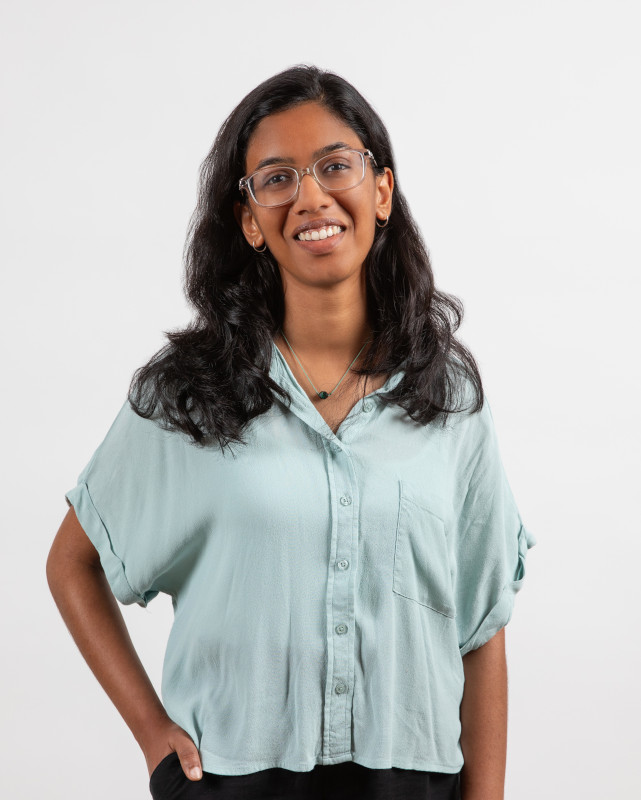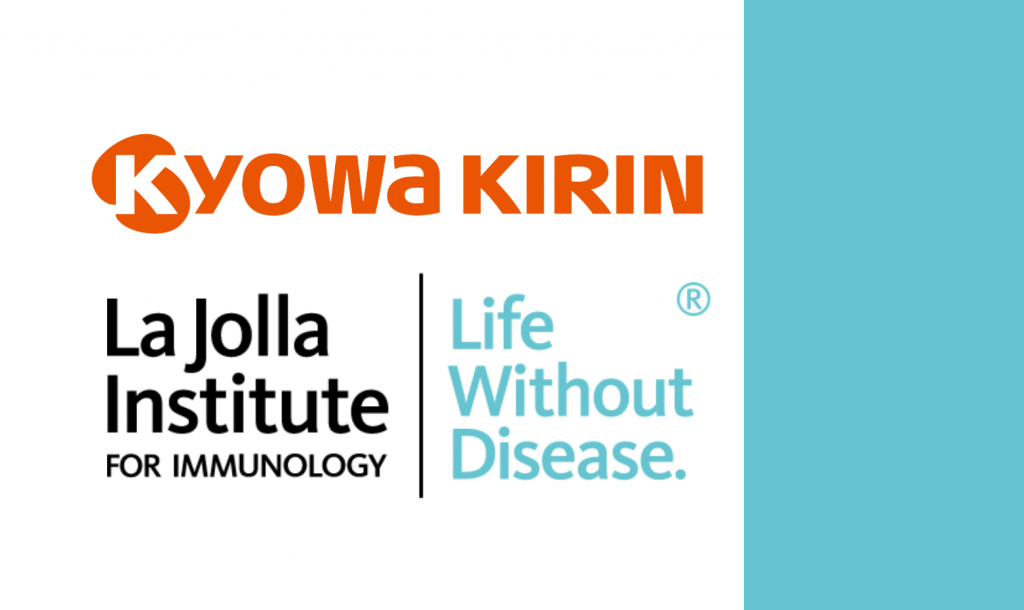
LA JOLLA, CA—La Jolla Institute for Immunology (LJI) is pleased to announce the selection of Rimjhim Agarwal, 2024 Tullie and Rickey Families SPARK Awards for Innovations in Immunology (SPARK) winner, as a Major Symposium speaker for the American Association of Immunologists’ (AAI) IMMUNOLOGY2024™ meeting. Agarwal joins 15 additional AAI trainee members—graduate students and postdoctoral fellows—who were selected from 1,500 abstract submissions.
Agarwal, a UC San Diego Graduate Student and member of LJI’s Weiskopf Lab, will present her research on how chikungunya-virus-specific CD4+ T cells are associated with chronic chikungunya viral arthritic disease in humans. Chikungunya virus disease is transmitted by mosquitoes in tropical regions of Africa, Asia, and the Americas. The disease can be fatal, and many survivors are left with chronic, debilitating joint problems.
“Almost 25 percent of infected individuals, predominantly women, develop chronic, arthritis-like symptoms, such as joint pain and swelling,” said Agarwal in a recent LJI video interview. “We don’t know the cause of these symptoms, and we don’t know why this happens primarily in women.”
Agarwal recently won funding from The Rosemary Kraemer Raitt Foundation Trust through LJI’s Tullie and Rickey Families SPARK Awards for Innovations in Immunology program to investigate these puzzling symptoms.
This year marks the first time AAI has featured trainees in its annual conference Major Symposia. Agarwal’s talk will be part of the “Immune Responses to Chronic Viral, Bacterial, Fungal, and Parasitic Infections” Major Symposium, held on May 6. Agarwal will be joined by five faculty-level speakers and one other trainee-level speaker. She will also share her chikungunya virus research in a Poster Session.
“AAI’s annual meeting features the latest research from some of the brightest minds in the field of immunology,” said Loretta Doan, CEO of The American Association of Immunologists. “AAI trainee members are making exciting discoveries every day, and we are thrilled to offer this high-profile honor for some of them to share their work with the community.”
###
About The American Association of Immunologists (AAI)
The American Association of Immunologists (AAI) is one of the world’s largest organizations of immunologists and scientists in related disciplines. Our mission is to improve global health and well-being by advancing immunology and elevating public understanding about the immune system. AAI members are responsible for some of the most significant biomedical discoveries of the past century, including the development of life-saving cancer immunotherapies, monoclonal antibodies, transplant technologies, and vaccines. We support scientists across the field of immunology through knowledge dissemination, community building, advocacy, and public outreach.





